When looking to secure a TEFL teaching position, consider the following factors:

Qualifications and Certifications: Determine the qualifications and certifications required for TEFL teaching positions in your desired location. Many employers prefer candidates with a recognized TEFL/TESOL certification, such as CELTA or Trinity CertTESOL.
Education and Experience: Assess your educational background and teaching experience. Some TEFL positions may require a bachelor’s degree, while others may consider relevant teaching experience or a combination of both.
Target Location and Culture: Decide on the location where you want to teach English. Consider the cultural aspects, language proficiency levels of the students, and any specific requirements or preferences for English teachers in that region.

Language Proficiency: Assess your own language proficiency, as some positions may require a certain level of proficiency in the local language, especially for teaching beginners or in immersive language programs.
Work Authorization and Visa Requirements: Determine the work authorization requirements and visa regulations for teaching English in the target country. Research the specific requirements and ensure you meet the criteria to legally work as a TEFL teacher.
Networking and Job Search Platforms: Utilize networking opportunities and job search platforms specific to TEFL positions. Attend job fairs, connect with other TEFL professionals, and explore online platforms that specialize in advertising TEFL job vacancies.

Reputation of Employers: Research the reputation and credibility of potential employers. Look for reviews and testimonials from current or previous teachers who have worked for the organization or institution you are considering.
Contract and Compensation: Review the contract terms and conditions, including salary, benefits, working hours, and vacation time. Evaluate whether the compensation package aligns with your expectations and the cost of living in the target location.
Professional Development Opportunities: Consider the professional development opportunities offered by the employer. Look for institutions that provide training, mentorship programs, or opportunities for career advancement within the TEFL field.

Support and Resources: Assess the support and resources provided by the employer. This may include curriculum materials, teaching resources, access to technology, administrative assistance, and opportunities for professional collaboration.
Cultural Adaptation and Living Conditions: Take into account the cultural adaptation required in the target country. Consider factors such as accommodation, cost of living, healthcare facilities, safety, and overall quality of life.
Long-Term Goals and Career Progression: Reflect on your long-term goals and how the TEFL position aligns with them. Consider opportunities for career progression, further education, or specialization within the TEFL field.

Remember to conduct thorough research and consider multiple factors to ensure a well-informed decision when seeking a TEFL teaching position.
Carefully review job postings, communicate with potential employers, and seek advice from experienced TEFL professionals to make the best choice for your career aspirations and personal preferences.
The sky is not the limit with your TEFL Teaching position when you possess a TEFL PDI TEFL Certificate –
Accredited and Recognised Worldwide!



